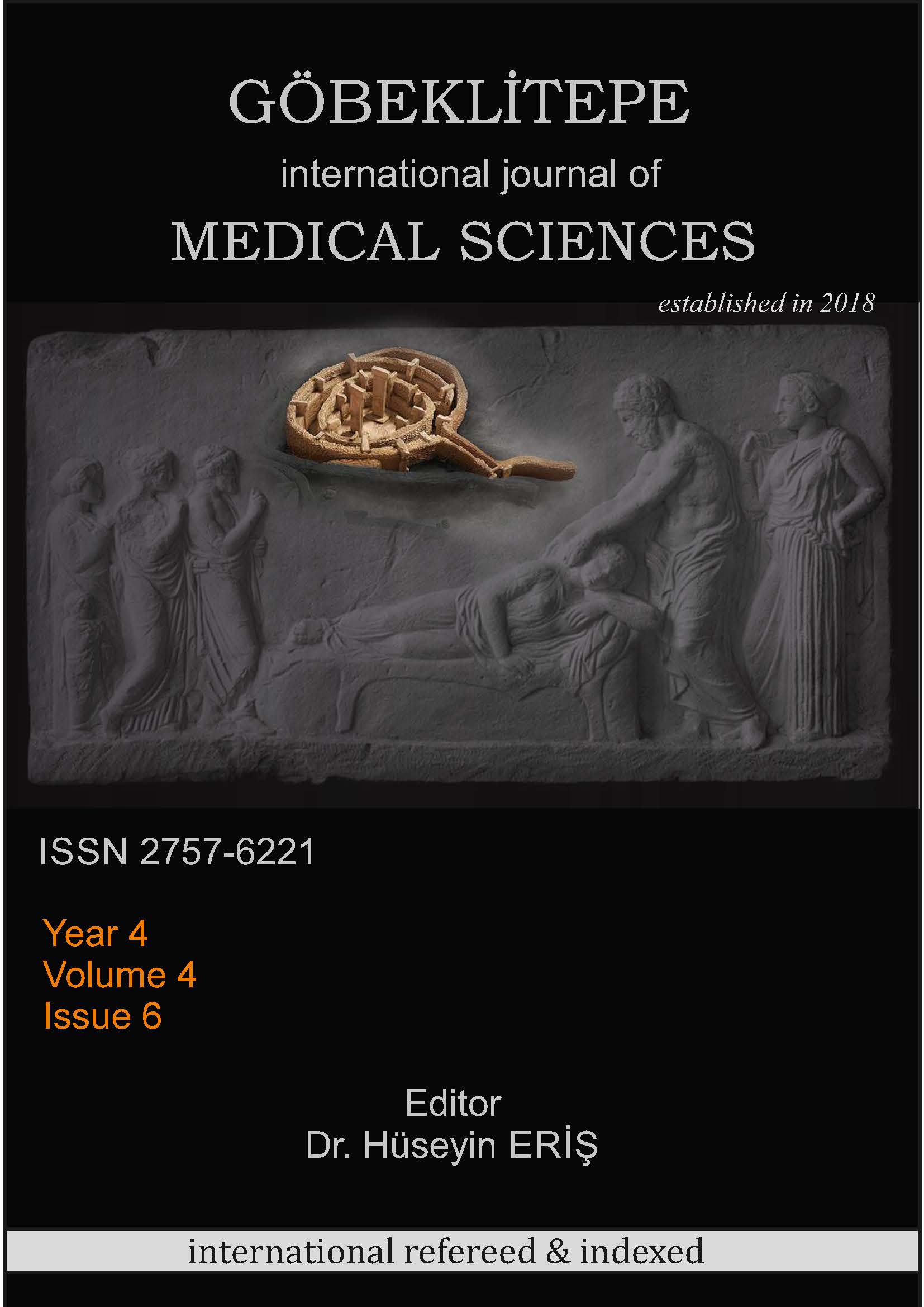PROLİDAZ
Keywords:
Prolidase, Therapeutic, Biotechnological applicationsAbstract
Prolidase is a multifunctional enzyme that possesses the unique ability to degrade imidodipeptides in which a proline or hydroxyproline residue is located at the C-terminal end. Prolidases have been isolated from archaea and bacteria, where they are thought to participate in proline recycling. In mammalian species, prolidases are found in the cytoplasm and function primarily to liberate proline in the final stage of protein catabolism, particularly during the biosynthesis and degradation of collagen. Collagen comprises nearly one-third of the total protein in the body, and it is essential in maintaining tissue structure and integrity. Prolidase deficiency (PD), a rare autosomal recessive disorder in which mutations in the PEPD gene affect prolidase functionality, tends to have serious and sometimes life-threatening clinical symptoms. Recombinant prolidases have many applications and have been investigated not only as a possible treatment for PD, but also as a part of anti-cancer strategies, a component of biodecontamination cocktails and in the dairy industry. This review will serve to discuss the many in vivo functions of procaryotic and eucaryotic prolidases, as well as the most recent advances in therapeutic and biotechnological application of prolidases.





